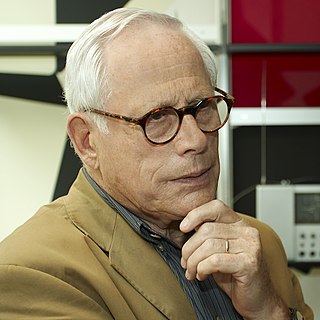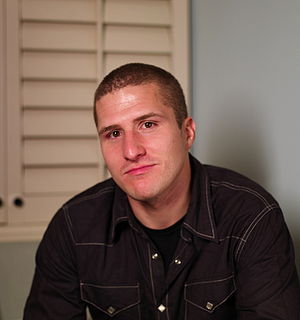A Quote by Roger Martin
When it comes to innovation, business has much to learn from design. The philosophy in design shops is, 'try it, prototype it, and improve it'.
Quote Topics
Related Quotes
Good design is innovative
2. Good design makes a product useful
3. Good design is aesthetic
4. Good design makes a product understandable
5. Good design is unobtrusive
6. Good design is honest
7. Good design is long-lasting
8. Good design is thorough, down to the last detail
9. Good design is environmentally friendly
10. Good design is as little design as possible
Design is a field of concern, response, and enquiry as often as decision and consequence... it is convenient to group design into three simple categories, though the distinctions are in no way absolute, nor are they always so described: product design (things), environment design (places) and communication design (messages).
I ended up going to do a matches program at the state for industrial design. And from there, I got hired at IDEO to joint their design team there - and basically, you are starting as an industrial designer to design products - and then kept asking the question, 'What else can design accomplish? What else can design do?'
I’m going to argue here that the most accurate and least muddled way to think of permaculture is as a design approach, and that we are often misdirected by the fact that it fits into a larger philosophy and movement which it supports. But it is not that philosophy or movement. It is a design approach for realizing a new paradigm.
Design is important. I spend much of my working life as a designer. But how can you design for materials if you don't know what they can do? The feel of them, the possibilities, the capabilities? These are things you learn only by working with materials all the time. Frankly, a university degree is not much help in that.


































